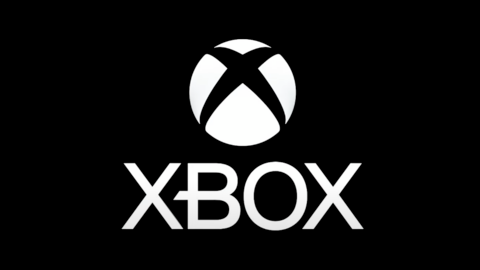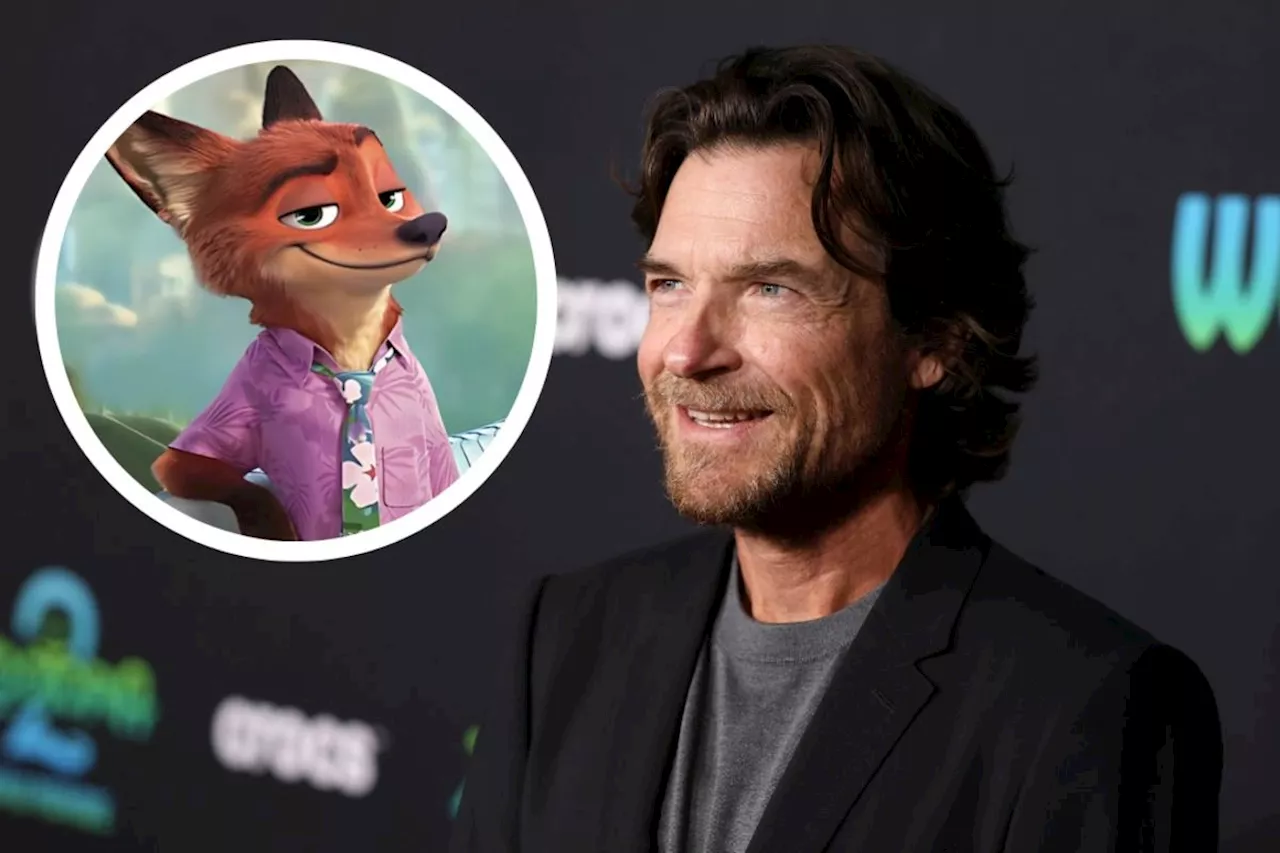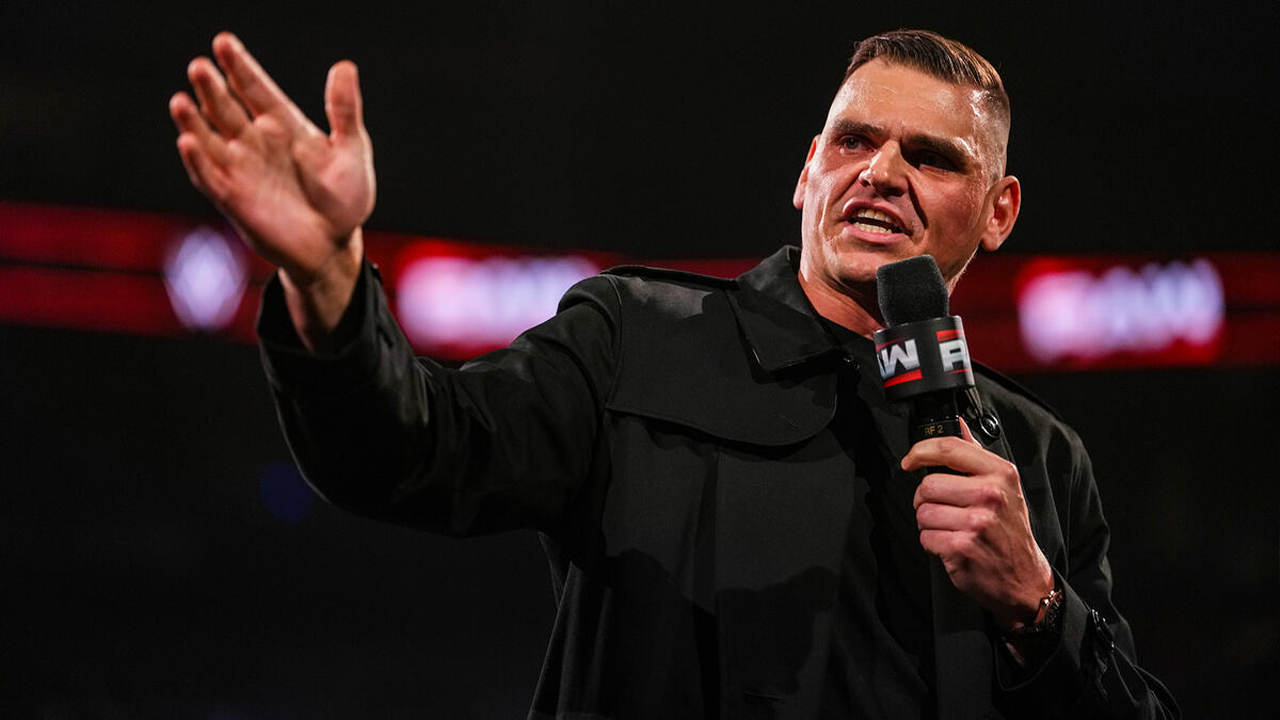Microsoft’s Xbox division has faced significant scrutiny recently, with speculation surrounding the company’s commitment to future console hardware. While Microsoft has refuted claims of abandoning its console plans, former Xbox executive Mike Ybarra suggests that shifting away from hardware and exclusive titles may actually benefit the company in the long run.
Ybarra, who spent nearly two decades at Microsoft, emphasized the business rationale behind Microsoft’s decision to forgo the Xbox operating system for the newly released ROG Ally X, opting instead for Windows. He noted that this choice aligns with his belief that Microsoft is distancing itself from dedicated hardware and exclusive game development. “That includes the dedicated OS, which is essential for any console device,” Ybarra stated, highlighting the need for user-friendly features and security.
The former executive articulated a potential pathway forward for Microsoft, suggesting that the company could thrive if it focuses on creating high-quality games and distributing them across multiple platforms, including Steam, PlayStation, and Nintendo. “Only a moron would continue to make console hardware when the games all go (or will go) third-party,” Ybarra remarked. He criticized the current strategy, which he believes lacks clarity and direction.
Microsoft’s historical approach involved developing exclusive titles to drive sales of its consoles. Recently, however, the company has begun releasing first-party games on competing platforms, a move that appears to be yielding positive results, with Xbox titles achieving notable sales on the PlayStation platform.
Despite these successes, Ybarra stressed the importance of a clearly defined strategy for Microsoft’s gaming division. He warned that without such a framework, the company risks suffering “death by a thousand needles.” “Needles > cuts,” he noted, indicating that the gradual missteps could lead to more significant issues down the line.
Ybarra also criticized Microsoft’s recent marketing campaign, “This is an Xbox,” which aims to highlight the availability of Xbox games on various devices. He described the campaign as misguided, stating, “Xbox is about games—games always rule the world. And if they don’t have parity between the console and any other ‘device,’ then it’s just not an Xbox.”
In response to ongoing speculation about its hardware future, Xbox president Sarah Bond recently confirmed that Microsoft is developing next-generation hardware. Following a substantial multi-year deal with AMD, Bond stated, “We are always listening to what players and creators want. When there is demand for innovation, we’re going to build it.”
Microsoft has faced challenges beyond its hardware strategy, including backlash from consumers over a recent 50% price increase for Xbox Game Pass Ultimate, which has raised concerns about the service’s value. Additionally, the company has made headlines for job cuts, studio closures, and the cancellation of several game projects.
Ybarra’s insights reflect a growing conversation within the industry about the future of gaming and the role of traditional console hardware. As Microsoft navigates this evolving landscape, the decisions it makes will not only impact its own business but also the broader gaming community.







